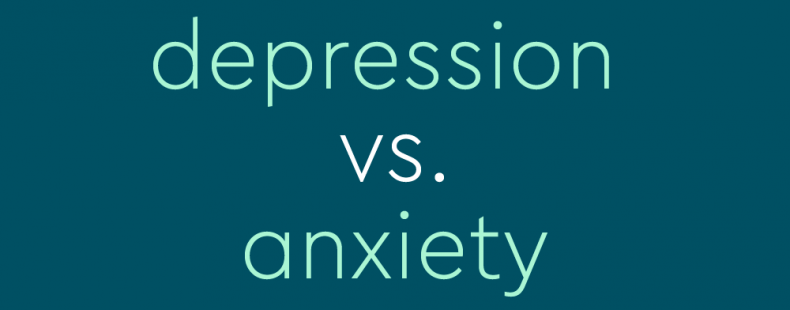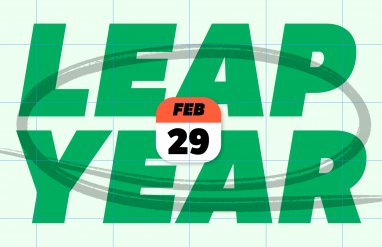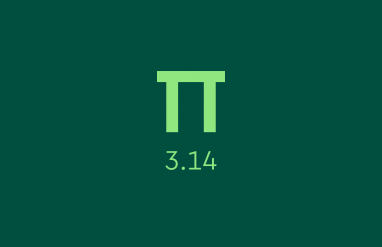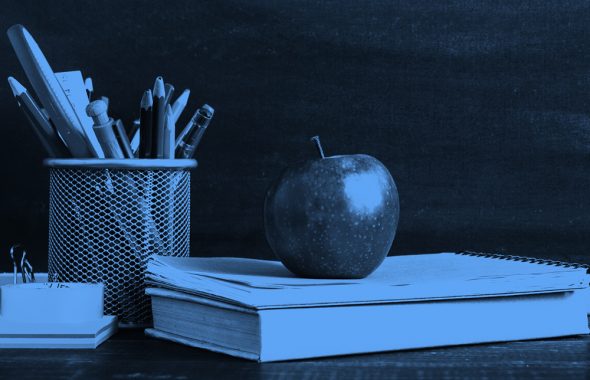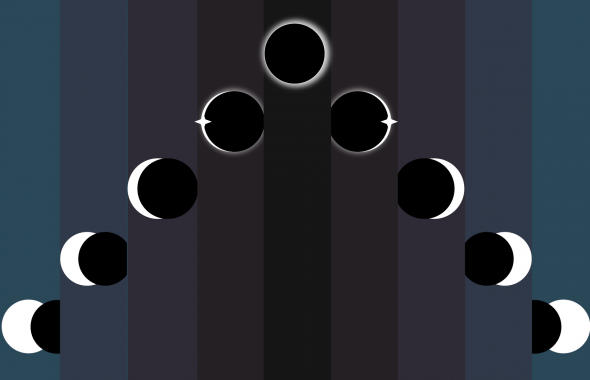The blues got you today? Or is that upcoming speech giving you the jitters?
As unpleasant as it is, it is OK. Sudden bouts of gloominess and uneasiness are completely normal responses to upsetting or potentially dangerous circumstances, whether real or imagined. Thankfully, they are short-lived. They ebb and flow and vanish together with the triggering event.
We all have bad days every now and then. Depression and anxiety, though, are a whole other story. Yet, the two terms get thrown around quite a lot in casual conversations, often used interchangeably or alongside. And with good reason.
In fact, despite being two different conditions, depression and anxiety share many similarities. Their symptoms and signs, triggers and treatments, and even biological basis easily overlap. And, if this was not enough, the pair of them frequently co-occur in what is termed comorbidity, and it’s a classic chicken-and-egg situation.
Admittedly, they complement each other quite well. As their Latin roots suggest, one will bring your spirits down, while the other will vex you, torment you, and possibly try to choke you. At times. A perfect match, indeed.
Let’s take a closer look.
What is depression?
Classified as a mood disorder in the DSM-5, a.k.a. the Diagnostic and Statistical Manual of Mental Disorders (5th edition), clinical depression or simply depression is a complex disease and a hard-to-pin-down experience. The DSM-5 describes depression as either a “Major Depressive Disorder” (MDD) or “Persistent Depressive Disorder.”
Ranging from mild to severe and arising from a combination of multiple factors including neurochemical, psychological, and social ones, depression comes in many shapes and forms. It grips you with feelings of dejection, emptiness, hopelessness, and worthlessness commonly accompanied by trouble sleeping, exhaustion, significant changes in appetite, and unexplained body aches and pains. The list is endless.
At its core, the term depression defines a prolonged and persistent state of all-pervading dullness and soul-crushing sadness. The word itself says it. Depression is a sinking of the spirits. Stemming from the Latin verb deprimere, it literally means “I press down, I conquer and overcome, I lower.” Figuratively, it translates to “I humble, I lower in status, fortune or influence.” Well, can’t argue with that.
Depression had been casting its victims down since the beginning of time, long before the current definitions came into use. Early civilizations deemed it as a spiritual rather than a physical disorder: a punishment from angry gods or, oftentimes, a sign of demonic possession and witchcraft. As such, cures and treatments were left in the caring hands of priests and medicine men who, in the commendable attempt to drive the evil spirits out, would starve, beat, drown, or burn the unfortunate sufferers.
Greek and Roman physicians called it melancholia, thought of it as a personality trait, or blamed it on an imbalance of four bodily fluids, alias humors: black bile, yellow bile, blood, and phlegm. Precisely, melancholia—from the Greek melan- (“black”) and kholḗ (“bile”)—was the result of an excess of, you guessed it, black bile in the spleen.
Even so, the belief that depression was a matter of demons, witches, and annoyed gods remained mainstream and survived throughout the centuries, reaping victims until around the turn of the 19th century, when it officially became a medical condition.
Later on, toward the end of the century, German psychiatrist Emil Kraepelin began referring to various forms of melancholia as “depressive states,” and identified “recurring and long-lasting low moods” as a key pattern, common to all of them.
His pioneering work, together with that of several other visionaries—including Freud, the father of psychoanalysis—sparked a more contemporary approach to the disease, its causes, cures, and treatments.
From supernatural phenomenon to unenviable personality trait to mental health disorder, depression has had a long life, pretty much like its best pal, anxiety.
What is anxiety?
It might be hard to believe, but anxiety is actually a healthy and useful emotion. As long as it’s temporary.
Technically called “normal adaptive anxiety,” it’s meant to keep you alive, safe, and well. It plays a crucial role in your inner survival system, making you alert and ready to fight or flight when danger, real or perceived, is in sight. With its clenched stomach and fast heartbeats, anxiety is intentionally designed to steer you clear of perilous waters.
Still, if you can no longer snap out of that anxiety as easily as you should, edginess is your everyday companion, and you are on the watch 24/7, chances are high that you might be dealing with something bigger. Anxiety could be turning into a formal disorder and would then require proper addressing and treatment.
A wide array of conditions are listed under the umbrella term “anxiety disorder” in the DSM-5. They all share features of excessive nervousness and fear of future threats. Social phobia, panic disorders, agoraphobia, generalized anxiety disorder, and many others all fall into the category.
Similar to depression, symptoms of anxiety are both physical and emotional and can range from mild to severe, impacting one’s life on all levels. Anxiety haunts you with unceasing tension, indecisiveness, anguish, obsessive thoughts, and visions of worst-case scenarios, all combined with heart palpitations, fatigue, aching pains, throbbing headaches, and even nausea, sweating, and dizziness.
The word anxiety defines an uneasiness of mind, a state of apprehensive expectation that is normally associated with an event we regard as challenging. It stems from the Latin verb angō, meaning “I torment, trouble, vex,” and even “I choke, strangle.”
Like depression, anxiety has been vexing humanity since time immemorial. Although, in fairness, after featuring as a distinct medical condition in several Greco-Roman texts, the word disappeared altogether from the written records. During the apparently worry-free gap, patients with anxiety surely did exist and cases of anxiety disorders kept being reported and treated. Only, they were diagnosed with different names.
It was in the late 19th century that modern psychiatry brought the term back to life. Merit goes again to German psychiatrist Emil Kraepelin who, through his fieldwork and reflections, restored anxiety to its former glory.
Unarguably, depression and anxiety have a lot in common. So, how to tell them apart?
Depression vs. anxiety: which is which?
If you can’t pinpoint which is giving you a hard time, don’t feel bad. You are not alone. There is much crossover and the difference between them is not always clear cut. Not to mention the fact that the two peers tend to partner up and coexist, most of the time.
As a rule of thumb, depression revolves around feelings of profound sadness and numbness, while anxiety has more to do with fear and worry.
Feeling doom and gloomy all the time? If it drains your energy and turns simple tasks into hard chores, it robs you of your will to live, and fills your mind with past-based, self-destructive thoughts, guilt, and hopelessness, then you might rightfully call it depression.
On pins and needles around the clock? If it gives you buzzy high and lows, makes you overthink about potential future threats, leaves you fraught and distressed, or keyed up and exhausted at the same time, then an anxiety disorder might be to blame.
Whether anxiety is chasing you or depression is weighing you down, or both, do not despair. They are very treatable conditions. A tailor-made blend of psychological and natural therapies, medications, and lifestyle tweaks can put you back in the driver’s seat.
